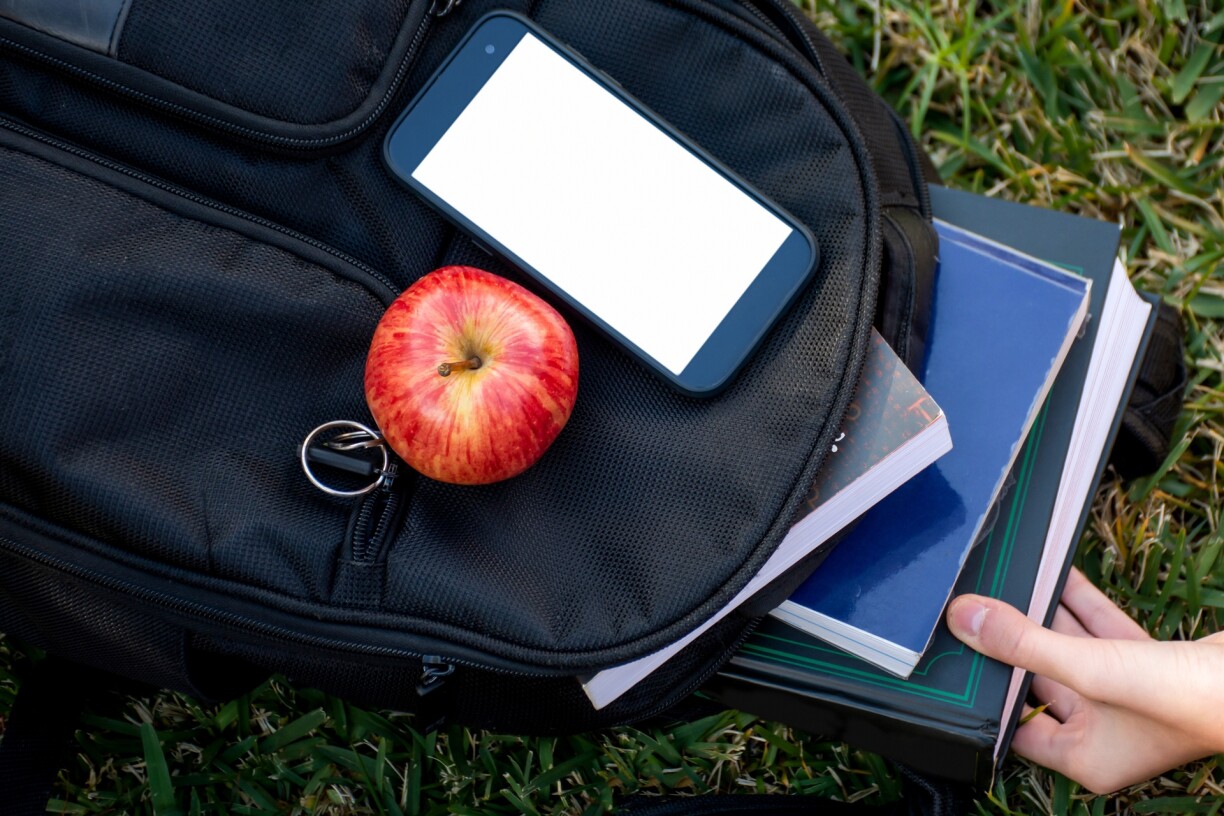
Beginning on 2 June, the use of mobile phones is no longer permitted in high schools. High schools throughout the whole country were able to choose from three different levels of regulation, which will be implemented after the Pentecost holidays. The Minister of Education, Claude Meisch, revealed further details about the new regulations.
After passing the mobile phone ban for primary schools last month, the ministry is embarking on a similar path for secondary schools. Starting on 2 June, there will be a physical distance created between the pupils and their phones, with the ultimate aim of achieving better concentration. Furthermore, the ban is meant to alter pupils’ relationship with their phones and adapt their use of digital tools. Adolescents should develop their personalities with the help of other activities that are not purely digital, explains Meisch.
“The time children and adolescents, sometimes hours per day, spend on their phones is often wasted time”, the minister claims. “That lost time could be used to work out, enjoy a cultural task, favour direct discourse, which we want to prioritise.”
The new regulations are not supposed to be imposed from above: the ministry proposed three different models schools could choose from, from very strict to more lenient. Every high school was able to decide in collaboration with their students, teachers, and parents, which system would fit their school best. Cynthia Recht, president of the College of Directors, explains:
“Most schools chose model two, it’s the middle ground between ‘I only put away my phone during class’ and very strict. Different measures were taken depending on what the school permits and what was decided with parents and students.”
However, the restrictions are not purely tailored to smartphones; they apply to all digital tools that are connected, including smart watches. Moreover, access to wifi will only be available after a certain age in high schools, in order to adapt the academic environment to scientific recommendations, elaborates the minister.
Meisch highlighted the need for a sense of equilibrium, a screen-life-balance between the digital realm and the real activities the world has to offer. The ministry aims to reestablish this balance by limiting wifi access to pupils over the age of 15.
According to the minister, it does not mean the complete exclusion of digital access from classrooms. The education system still foresees the use of tablets and other tools for educational purposes.
The ministry will supervise and evaluate the implementation of the new regulations. If needed, they can adapt them. The feedback from primary schools, where the phone ban has been in place for some time already, has been promising.